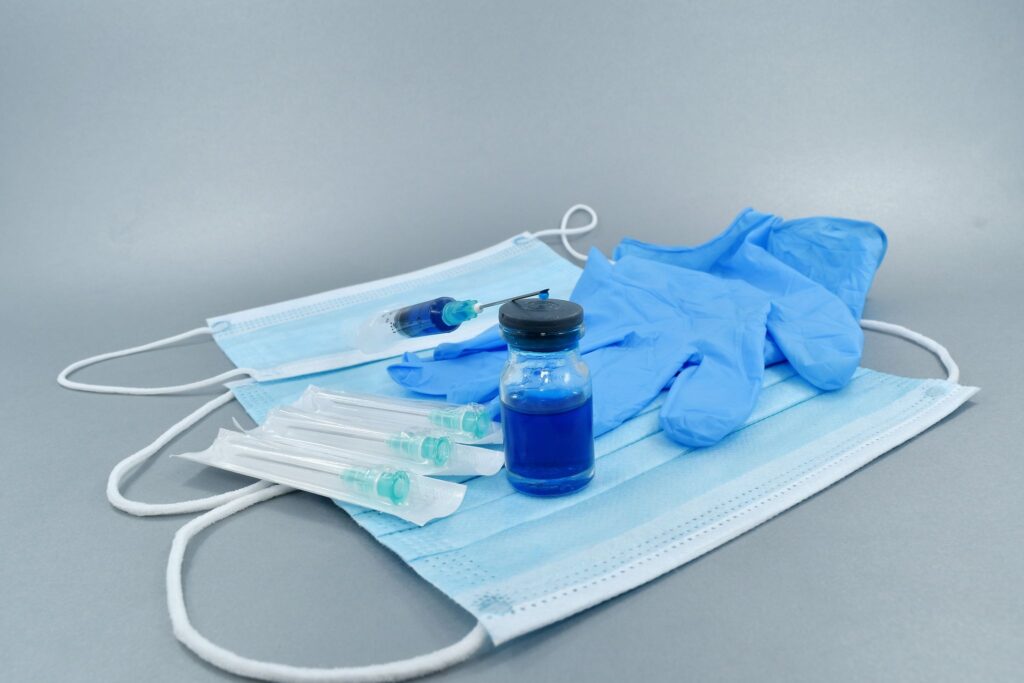
Introduction
In public health, efficient management of Essential Medicines and Health Supplies (EMHS) is crucial. In Uganda, EMHS redistribution is a vital process that ensures healthcare facilities are equipped to serve their communities effectively. Execution of the EMHS redistribution guidelines was lacking in public health facilities in Uganda. Just one third (33%) of the health facilities conformed with the EMHS redistribution guidelines.
Understanding EMHS Redistribution
EMHS redistribution involves transferring unused, non-expired health commodities from overstocked facilities to those in dire need. This system is particularly important in Uganda, where disparities in healthcare provision are common. By redistributing resources, the country can better manage its limited supplies, prevent wastage, and ensure a more equitable distribution of medical essentials.
The Current State of EMHS in Uganda
Despite the government’s efforts, the healthcare sector often encounters stock-outs and excesses in EMHS. With a budget that falls short of the Abuja Declaration’s recommendations, the sector struggles to meet the demands of its populace. Redistribution of EMHS is a strategy to mitigate these challenges, yet compliance with guidelines remains low, at just 33.3%.
Challenges in Redistribution
A primary obstacle in the redistribution process is the lack of guideline dissemination, resulting in significant knowledge gaps among healthcare staff. This study found that respondents who reported that the guidelines were never shared with staff in other departments were 88% less likely to comply. Failure to share guidelines further led to staff knowledge gaps, as over half (54.5%) of the staff did not know about the guidelines. Furthermore, unclear financial responsibilities and bureaucratic procedures further hinder the efficient movement of supplies. These systemic issues contribute to stock discrepancies and ultimately affect patient care.
Strategies for Improvement
To address these challenges, it is essential to ensure that guidelines are accessible and understood by all relevant staff. Financial transparency and streamlined procedures can alleviate some of the bottlenecks in the system. Furthermore, consistent delivery schedules from the National Medical Stores can reduce the uncertainty that leads to stock hoarding. To improve compliance with redistribution:
- Allocation of funds for transporting medicines should be considered by the district.
- Health facility managers should raise awareness among staff working in stores concerning the redistribution process.
- The District Health Officer (DHO) should make it a priority to routinely monitor health facilities particularly to avoid the issue of medicine stock-outs and overstocking.
Conclusion
Enhancing EMHS redistribution requires a multifaceted approach, focusing on education, financial planning, and procedural efficiency. By tackling these issues, Uganda can move towards a more resilient and responsive healthcare system.
Reference url




